D.C. has always been a top attraction for tourists. People come for the cherry blossoms, the White House, the Lincoln and Jefferson Memorials, Embassy Row, and the country’s largest Catholic church. Then they discover the bookshops, a thriving LGBTIQ+ community, and a cornucopia of international cuisine: Somali, Ethiopian and Eritrean, and West African, along with a rich blend of Mediterranean, pan-Asian, Central American, and European dining havens.
Hotels are reasonably priced; the Metro stops are well-positioned. There’s the woodland beauty of Rock Creek, the subtle pleasures of the National Arboretum, and the rich history along the African American Heritage Trail. In the summer, schoolchildren flock to the National Mall to visit the Smithsonian and the Air and Space Museum. And don’t forget the Old Town Trolley Tour!
Now, There’s Just One Problem: A Virus…
And so it happens, in 2020, that D.C. lost some $2 billion in visitor spending.
In March, tourism screeched to a standstill. Stores went dim. With conferences and large productions called off for the season, D.C. area hotel occupancy plummeted more than 80%. Elliott Ferguson, president of the trade association Destination D.C., told WTOP News that the drop is really closer to 90%.
In other years, the D.C. culinary scene employs 8% of the city’s population and earns more than $4 billion in annual sales.
Not this year.
A Relentless Virus.
After D.C. entered Phase Two of reopening on June 22, its outdoor monuments drew some visitors. D.C. restaurants offered indoor tables for the first time since March (with halved capacity, and no sitting at the bar). The hotel industry hoped for the best as the Fourth of July approached. It normally attracts millions of people from Virginia, Maryland, and beyond.
Not this year. D.C. Covid-19 cases rose in late June, scuttling the best-laid plans.
Moreover, in the name of preventing Covid-19 infections, a number of presidential proclamations closed off the United States to people who have been in certain other countries: Brazil, China, Iran, Britain, and numerous European nations. And other countries refused to accept visitors from the United States. On June 30, the Council of the European Union relaxed its admission restrictions and advised its members to green-light residents of several countries. The United States was not one of them. Recommendations will be adjusted as the biological threat changes.
People Who Meet People…
Since March, people in D.C. leisure, food, and hospitality businesses have been losing their jobs. By early July, more than 700 employees of the Washington Marriott Wardman Park Hotel in Woodley Park learned that their hotel would close, possibly forever. The D.C. area hotel industry had, by then, already lost some $3.3 billion. About $125 million in hotel-related tax revenue was lost along the way. Thousands of hotel employees were out of work.
The Metro, carrying fewer riders to work and to play, pared-down its service. It probably won’t bring back a full schedule before next year.
Aren’t the Luckiest People at This Time.
The Hotel and Lodging Association feels ready to rev up the U.S. hospitality and hotel sectors once again. The trade groups have asked Congress to make sure hotel workers receive help in the next Covid-19 relief package, should Congress approve a new stimulus law.
Meanwhile, will news of a vaccine set the stage for a rebound in conventions, festivals, and student outings to the Smithsonian and the National Air and Space Museum — in real life? Dr. Fauci and other health officials have expressed their hopes that doses of an experimental vaccine could be available in late 2020.
Yet the Show Must Go On…
In July, D.C. is still working out a timeline for the move into Phase Three of its reopening effort. Artists and actors have been working around Covid-19 as well as they can.
And while many theatrical pieces have found their audiences through Zoom, the Academy for Classical Acting at the Shakespeare Theatre and George Washington University is producing three radio plays. The Class of 2020 acting students, as noted in the Washington Post, had to create home studios, and learn to make voice recordings with USB microphones. Their finished pieces debut July 15.
Photo credit: Desmond Hester, via Unsplash.
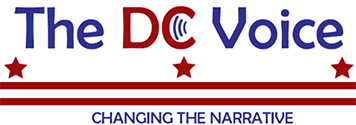










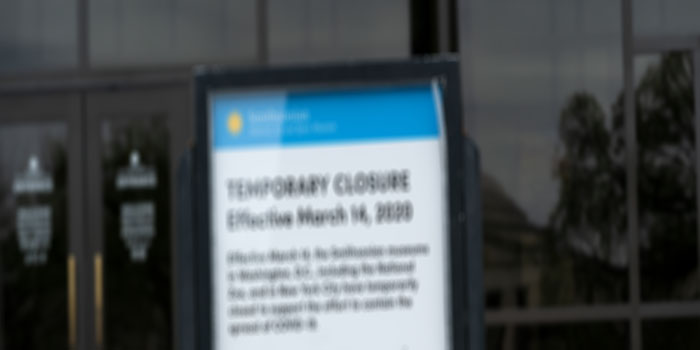

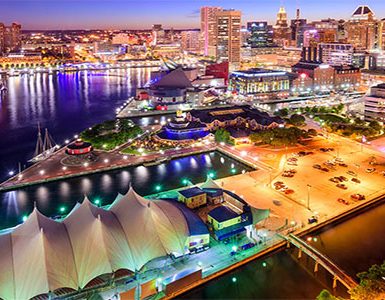


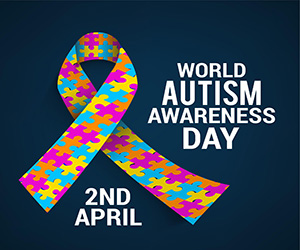
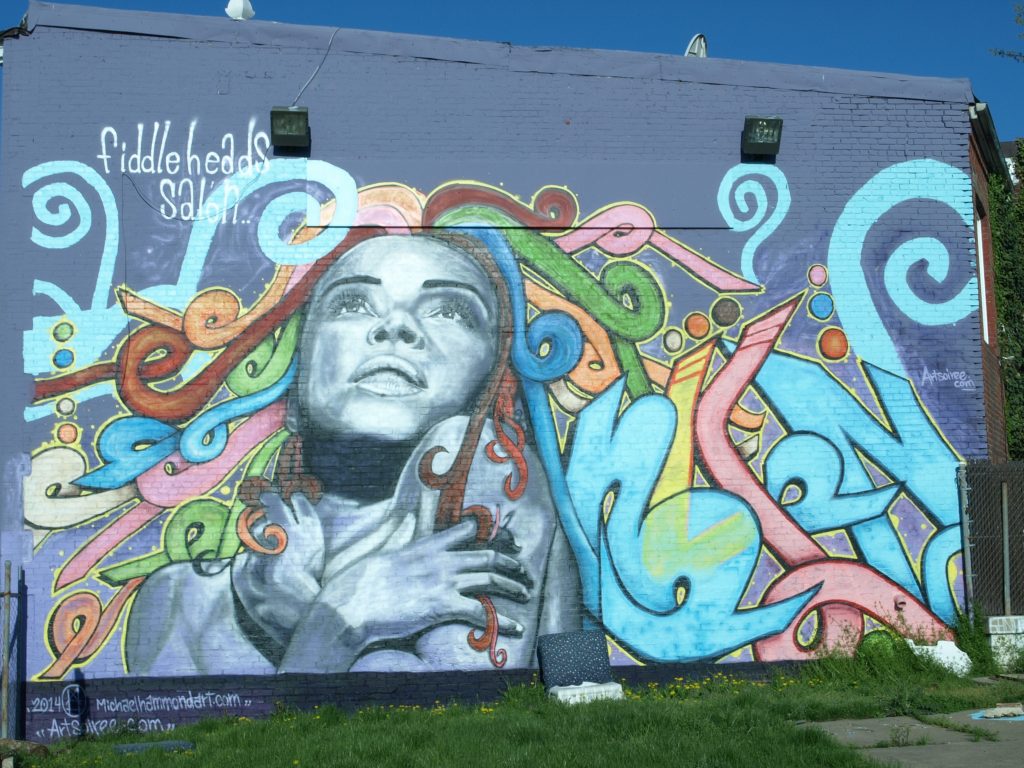
Taking utmost care become necessity to survive from this COVID-19 pandemic. Hope this will end soon so everyone can roam freely.